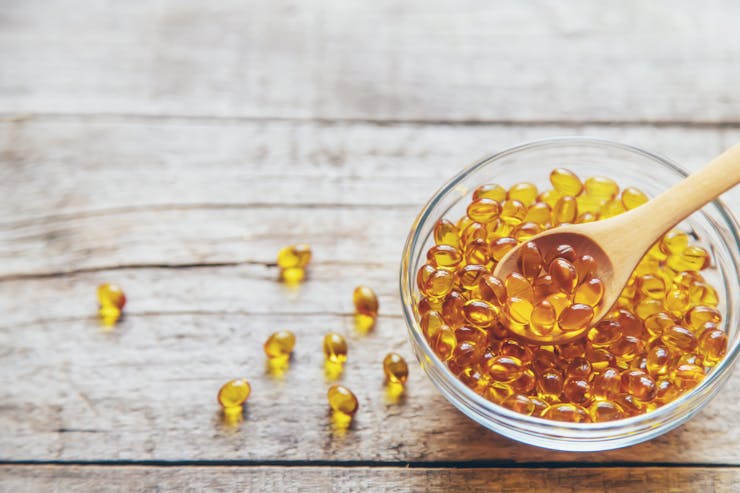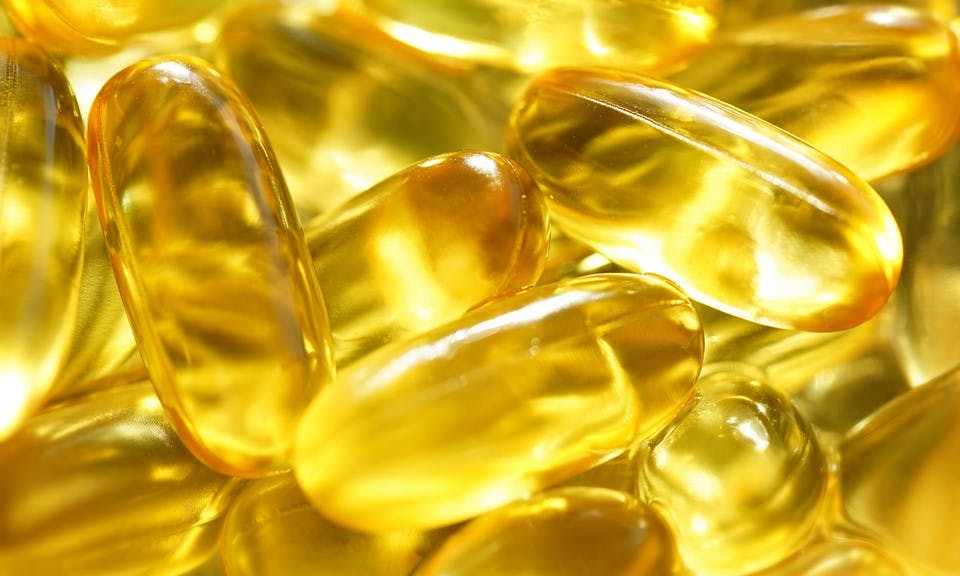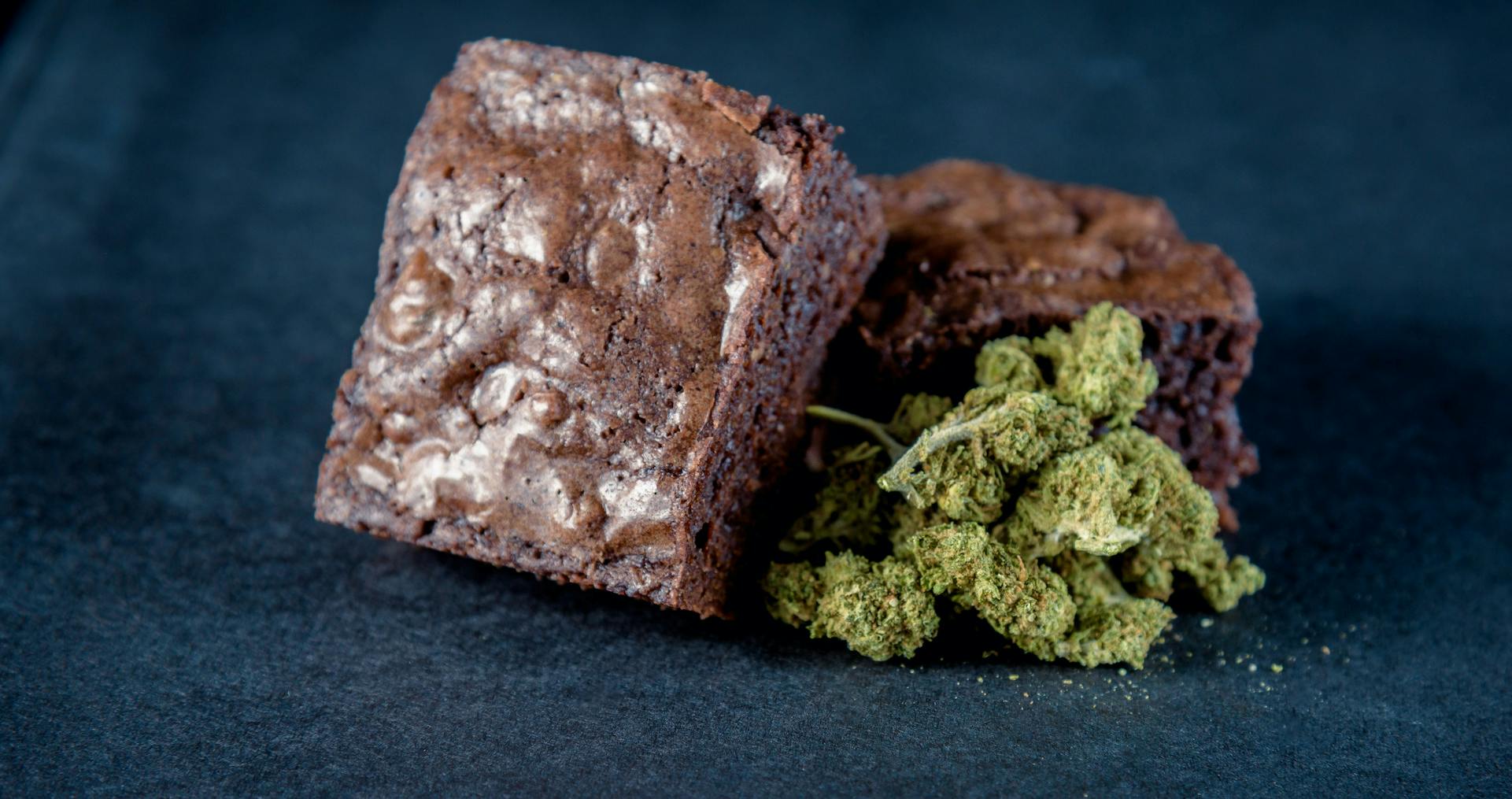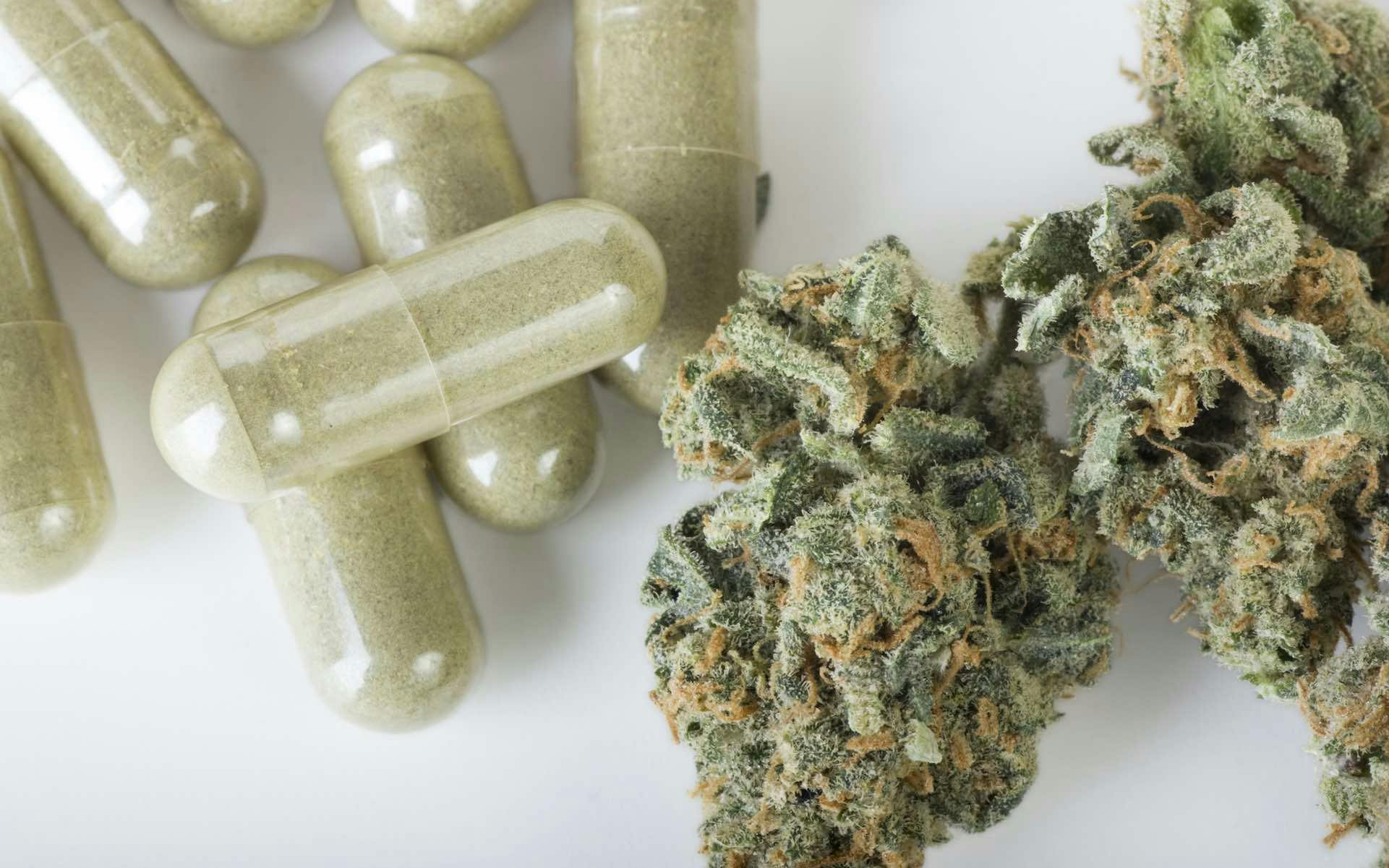Has the pandemic changed the way you get high? It did for me.
As the respiratory virus ravaged the planet this past year, my usual joint-smoking routine transformed from being a social time shared with friends to a strictly solo affair.
In lockdown, a sesh became decidedly less joyous and more reflective for me—an opportunity to dig into some feelings and think about health and mortality.
As Covid cases skyrocketed last winter, so did my anxiety, and I stopped smoking. Thankfully, I live in Canada where there are a variety of different formats on the legal market. Instead of smoking, I started buying capsules, which were already my favourite type of edible. It turns out I wasn’t the only one.

June 2021 sales data from the Ontario Cannabis Store reveals that cannabis capsules are now more popular, dollar-for-dollar, than chocolate or gummies. Despite all the hype surrounding infused drinks (which are genuinely innovative), capsules actually outsell cannabis bevvies.
While capsules may sound boring as hell to all of the chocolate and gummy-lovers out there, the humble format is clearly gaining popularity. I’m here to make the case for the humble softgel—and find out why others are increasingly gravitating toward them.
Why consumers want cannabis capsules
First, the price. I love edibles, but spending $30 on the three or so chocolates I’d require to feel any effects just doesn’t make sense. Not to mention the calories and sugar usually involved in confectionaries or drinks.
Consumers often complain about the low-dose 10 mg limits on each package of edibles, but we sometimes neglect to celebrate the wins. Softgels and oils are capped at 1000 mg of THC per package. That’s 100 times more THC in a single jar.
Second, even though I’m frugal, I have limits when it comes to convenience. I refuse to mess around with the even-cheaper oil products, which come with a dropper you use to measure and tuck a dose under the tongue or down the hatch.
I don’t want to measure anything. But even more than that, I don’t want oil getting on my clothes or the bag I’m carrying it in.
Lastly, I also don’t want to invite questions about what I’m doing. Softgels are gorgeously discreet. They could be vitamins or headache pills, and people are less likely to wonder what you’re taking.
Cannabis capsules are discreet with reliable outcomes
Max Benitah, the co-owner and president of Toronto’s Cann Shop, says capsule shoppers tend to want to know exactly what to expect. “In a lot of cases those are people who want predictability more than anything else,” he says.
“[Consumers] want to know exactly what they’re getting, the format they’re getting it in, how it’s going to impact them, how long it’s going to take… they want to know all the details of that type of thing. So it’s really not the guy who’s coming in saying, ‘What’s your highest THC [product]?’ It’s a different kind of consumer.”
Capsule consumers also skew older, he says, and generally have little interest in smoking. They tend to look for CBD/THC blended capsules that are more geared to wellness, sleep, or inflammation, rather than getting very high. (It’s worth noting that customers may look for products to address those health concerns, but budtenders in licensed stores are legally prohibited from speaking about health or wellness claims.)
So far, Benitah says, most of his customers aren’t finding much differentiation between products beyond cannabinoid content. Most use what’s called MCT oil as the carrier oil for the cannabinoids within the caps.
Softgels can have different carrier oils and potencies
Brad Canario, senior director of marketing at capsule manufacturer Auxly, tells Leafly that not all softgels are created equally.
In the case of Dosecann, a brand under the Auxly umbrella, their capsules don’t contain MCT oil. Instead, they use Ahiflower seed oil, which the maker says is non-GMO, sustainably sourced, vegan, and has Omega 3 and 6 oils.
The caps are also unique, Canario says. The Licaps® Capsugel capsules are designed to deliver precise, standardized dosing, a longer shelf life, and rapid digestion, he says.
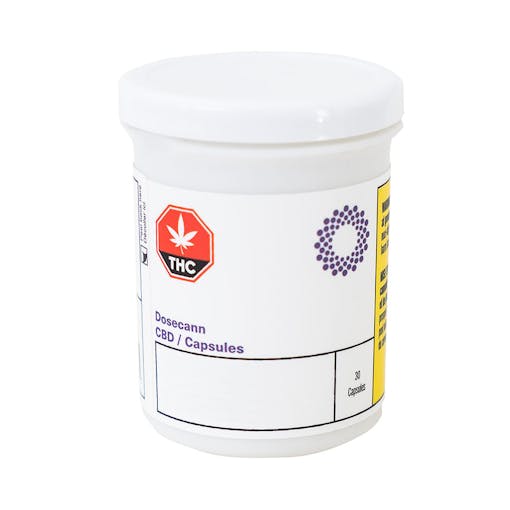
Canario also confirms why I think softgels are superior: price and potency.
“Our research tells us that after price, potency is the top purchase driver for capsules,” he says, “especially when it comes to CBD capsules.”
“Dosecann currently offers 25mg CBD capsules that are some of the most potent on the market.” He also says a 50 mg CBD cap is coming to the market soon.
Start low, go slow
While I still enjoy getting high, I have to admit that my weed evolution through the pandemic has been driven by wellness. I’m joining the ranks of mature, more health-conscious cannabis consumers.
For those curious about how to dose, Auxly’s chief science officer Dr. Bob Chapman advises consumers to follow capsule consumption with a snack.
“Taking capsules with food has shown to increase the absorption of cannabinoids and is good practice but not always required,” he says.
And finally, he says to remember that timing matters, too. You likely won’t feel the full effects for one to two hours after ingestion, and those effects can last between four to 12 hours.
